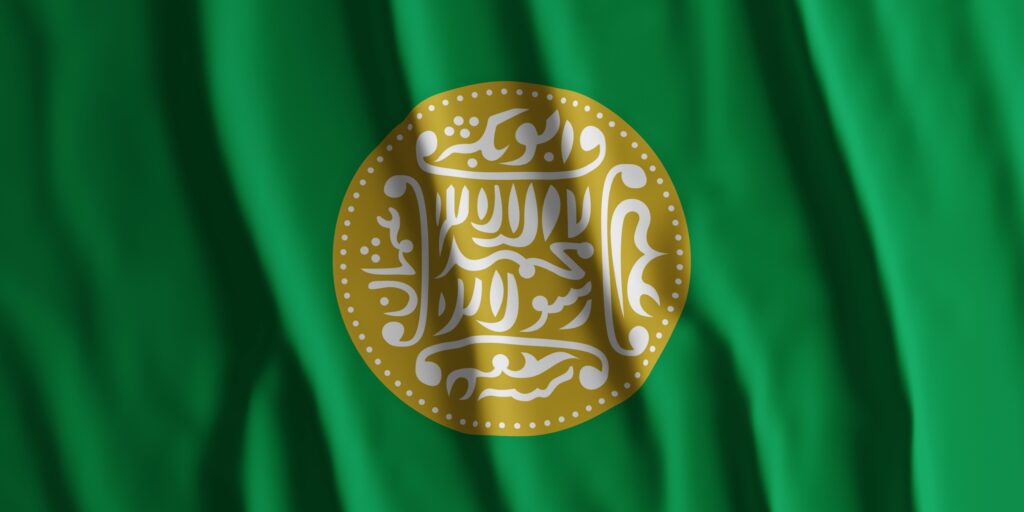UNITED NATIONS, Aug 4 (Reuters) – The United Nations said on Tuesday it was sending a team to Myanmar to press for action by the government and rebel groups to end the practice of using child soldiers.
Reports by U.N. Secretary-General Ban Ki-moon have accused the army of Myanmar’s military government and ethnic rebel militias, such as Karen groups in the east of the country, of recruiting children to serve as fighters.
The latest report, issued in June, said there had been “grave violations” against children in Myanmar. It accused the junta of failing to provide proof of measures it said it was taking to end use of child soldiers, and of blocking U.N. access to rebel groups.
But Radhika Coomaraswamy, U.N. special representative for children and armed conflict, said on Tuesday there had been some positive developments and that the government of the Asian country had been releasing some children.
“We still are not sure how comprehensive that is and the extent of it,” she told a news conference. “And so I am dispatching a team (to Myanmar) at the end of this month.”
The team would be talking to rebel groups that had started peace negotiations with the government of Myanmar — also known as Burma — and to the junta, Coomaraswamy said.
She said the aim would be to push for plans that the United Nations seeks to draw up with armies that use child soldiers in order to halt the practice. So far it has none with the Myanmar government or rebels.
The United Nations is already seeking to persuade the junta to democratize and release political prisoners.
Secretary-General Ban Ki-moon visited last month but his trip produced no immediate result and the world body is now awaiting the outcome of a trial of opposition leader Aung San Suu Kyi. [ID:nBKK531481] [ID:nSP388486]
Coomaraswamy was speaking shortly before the U.N. Security Council passed a resolution aimed at stepping up pressure on the issue of children by expanding a blacklist of government armies and rebel groups contained in periodic reports by Ban.
The resolution asked Ban to include not just those that recruit child soldiers but also those that engage “in patterns of killing and maiming of children and/or rape and other sexual violence against children, in situations of armed conflict.”
The Mexican-drafted resolution mentioned no names, but there have been allegations of such abuses in Democratic Republic of Congo, the western Sudan region of Darfur, and elsewhere.
The blacklist aims at “naming and shaming” but does not provide for sanctions.
By: Patrick Worsnip, REUTERS







